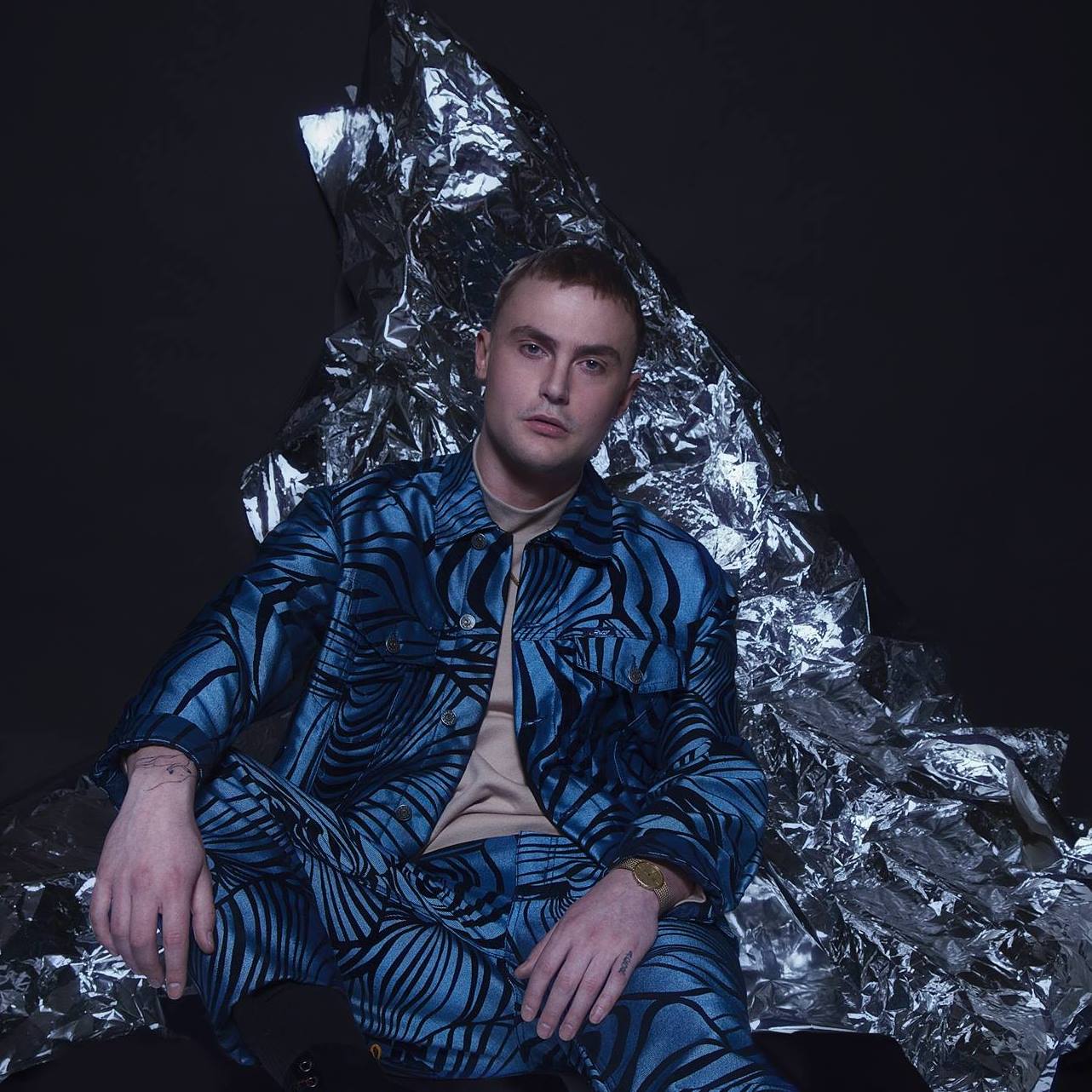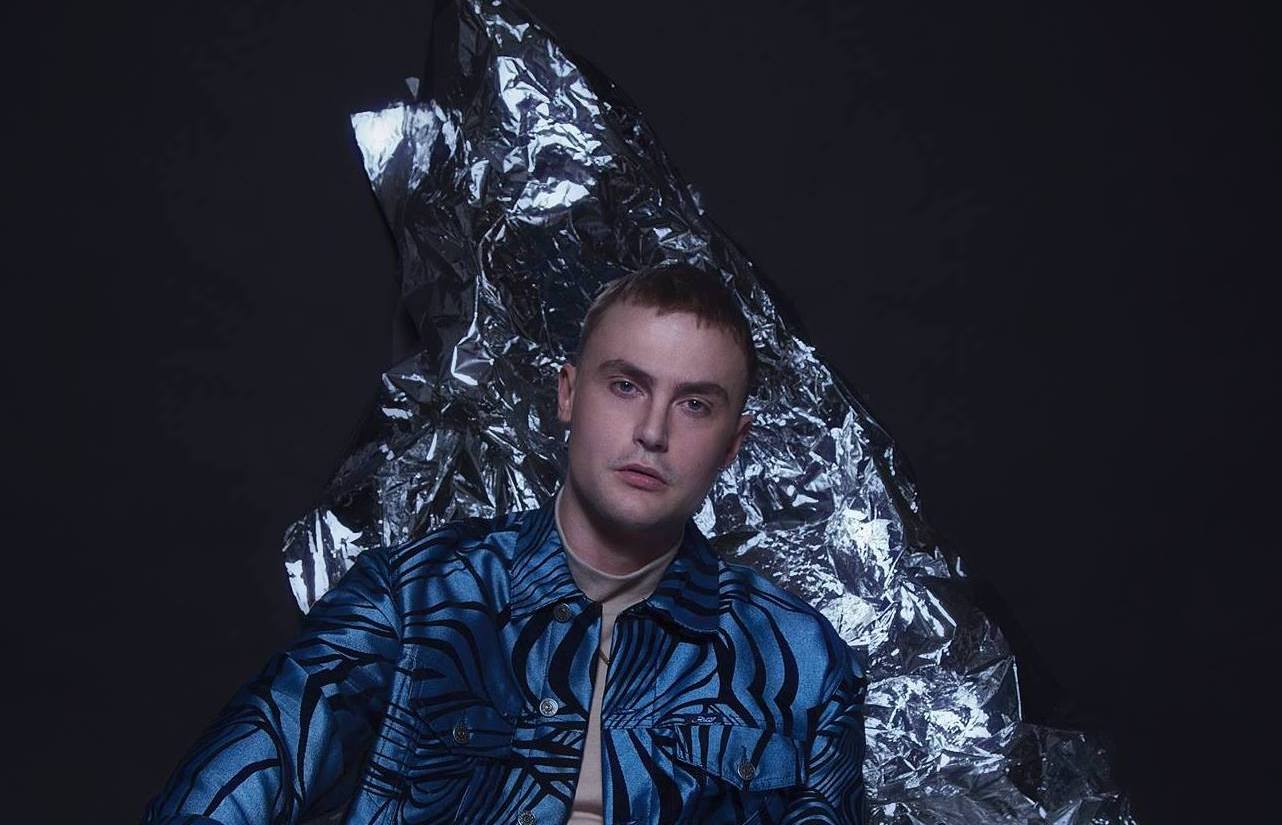[dropcap size=big]E[/dropcap]Electronic musician Lapalux is signed to Flying Lotus' groundbreaking LA-based record label, Brainfeeder, and it's not hard to see why. His mind-bending beats and complex rhythms are the backdrop for unique melodies, and his compositions never go quite in the direction you expect. The London-based artist has spent plenty of time in Los Angeles in the past, however this Friday's sold-out show at Union with Daedelus will be his first live performance in our city in four years. We caught up with Lapalux, AKA Stuart Howard, over email for this Q&A.
What's your favorite taco spot?
I’m sure you LA cats won’t believe this but we don’t get a huge amount of Mexican eateries in the UK. That said there’s a spot in Peckham in London called Taco Queen that’s DOPE. It’s actually run by a guy call Ryan who used to work for Erol Alkan and his partner Lucy who was in music too. They quit the music game to make tacos!
Where do you go when you need to relax?
I like to get out of London, the countryside is inspiring. I’ve been taking short trips to Madrid recently to kinda reset my mind.
How has the city of Los Angeles, home of Brainfeeder, influenced you?
I’ve always loved the music that came out of what was considered to be the LA beat scene, when I started to release music. There’s a certain laid back feel to a lot of productions, especially the rhythms. There was a phase when we were referring to the genre as ‘wonky’, hearing those displaced drums and polyrhythms definitely influenced me in the early days. I think touring around Europe so much has had an effect in steering my sound and the textures I use towards a more techno sonic. I used to fill every frequency in the spectrum too, now I often find myself being much more minimal in my approach. I think a lot of that has come from using hardware too though.
How does your live show influence your production? Do you think about performing when creating music, or does that come later?
I’m using a rack of modular gear on this North American run. I use Ableton Push to trigger parts from the album recording stems and then have a modified Akai MPD32 which can be used to add effects, change pitch, add textures and a whole bunch of other trickery. The result is something that is the closed to truly live expression I’ve ever felt. Everything goes through the analogue gear in the modular rack too, so you get a really powerful sound that is replicable trough only using software. Going back to your previous question, I actually surprised myself using so many straight four house kicks in parts of Ruinism. It’s a really powerful tool to use repetition to build energy and tension, that was definitely informed by my experiences peforming to club audiences.
When and where were you most happy?
I’ve been on tour in North America for nine days now, that means very late nights, flights every day, setting up and packing down each night then dealing with airports and the bizzarre looking baggage my crew and I carry around. I’m actually even now writing this from my phone flying to Seattle from San Francisco. So bearing that in mind, in the last week it would be when we managed to find time to use the pool at a hotel in Springfield, Missouri!
You've worked with some amazing collaborators, who would you like to add to that list and why?
I’d love to work with some established rappers, I have a few things in the works there, whether or not they will see the light of day is another matter. I’ve always been very interested in working on scores for film, collaborating with a director in the feature film world would be a dream.
Do you have a lucky number?
No just a series of unlucky ones!
What is the most beautiful thing in the world?
Right now, sleep!
Do you feel you are part of a movement? What's your role?
I’ve always felt like something of an outsider in a lot of ways. I’m a Brit signed to an LA based label, I’m playing live shows next to a lot of DJs, but yes there definitely a really strong feeling of camaraderie around the electronic scene in London. I couldn’t tell you what my role is though. I just try to keep making music that has artistic value. 

Some of your music seems like it starts from improvisation, but then becomes highly technical. How do you balance those two poles in your live show?
I’ve got an idea of what I want to play when I start. It’s been amazing to move away from triggering clips. I’m now using an Elektron Rytm for all my drum sounds live. That means I don’t even need to have any sound coming from pre recorded material or samples unless I want to add vocals or an existing sound. That’s connected to and running through my modular gear which has effects and synths generating most of the melodic and harmonic percussive elements of the show. The computer is used as a sequencer and also playback for vocal samples I can manipulate on the fly with my MPD and the modular gear. I’m really happy with how this set-up allows me control and expression, way beyond what is possible just using a computer.
Got any shoutouts?
Shout out to Daedelus who’s been with me on this tour, he’s been playing tracks of this dope modular set-up he built specially for shows like these. It’s pretty incredible. We’ve definitely had a lot of fun and his is a really complimentary sound for the set I’ve been playing.
Lapalux plays live tonight at Union on Pico in Los Angeles. Find him on Soundcloud here.
RELATED: Interview with Daedelus







